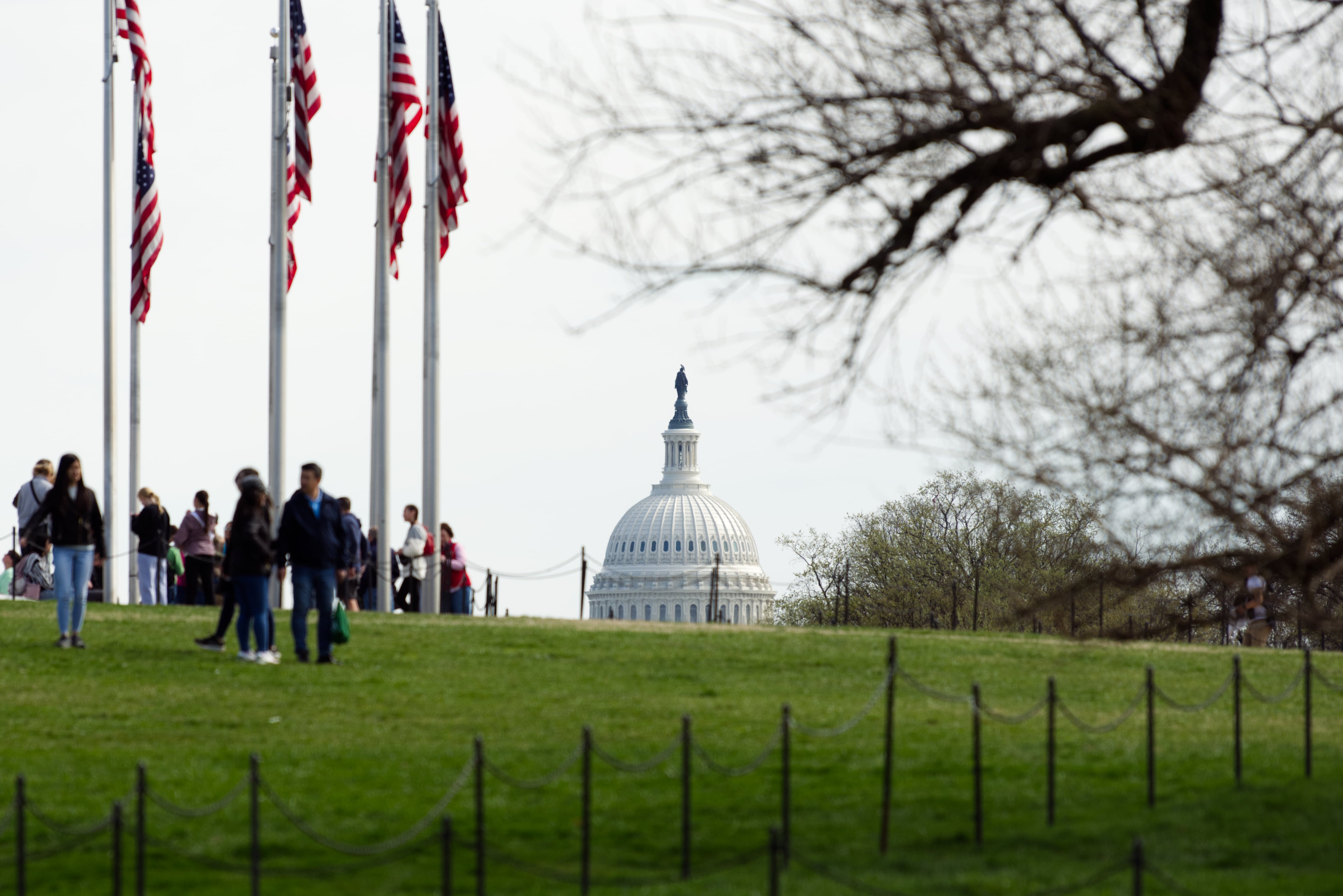Civilian agencies would see their budgets slashed while the Defense Department would get billions of dollars in additional funding, under a budget proposal passed by the House April 30.
The House voted 226 to 197 to pass the budget, with all Democrats and 12 Republicans voting in opposition.
House and Senate Republicans have been working to reconcile budget proposals that included significant benefit cuts, but the unified version passed by the House and to be voted on in the Senate dropped a plan to increase federal employee pension contributions to six percent or more of salaries.
The House budget had also included proposals to 10 percent through attrition and increase Postal Service employee contributions to their health insurance premiums as well as decreases the rate of return on the Thrift Savings Plan's government securities fund (G Fund) and encourages the elimination of the Federal Employee Retirement System annuity supplement.
None of those proposals made it into the final version, released by House Budget Committee Chairman Tom Price, R-Ga., and Senate Budget Committee Chairman Mike Enzi, R-Wyo.
"This balanced budget reflects a commitment on the part of the House and Senate to fulfill our obligation to be responsible stewards of taxpayer dollars," Price said in a statement. "Our goal has always been to achieve real results for the American people, and I am grateful for the work of so many who have made this agreement and that effort successful.
The House and Senate passed individual versions of their respective budget proposals in late March. Unlike legislation, this budget does not need to be signed into law by President Obama. Instead, congressional appropriators will use the spending levels and guidance in the budget to craft appropriations legislation for federal agencies and programs.
See also: New budget proposal drops federal benefit cuts
The budget also calls for about $496 billion in cuts to non-defense spending over a 10-year period, with the cuts starting in 2017. However, the Defense Department would see large increases in spending over that same period, to the tune of about $187 billion.
While the Defense Department's base budget fits within the automatic budget caps imposed by sequestration, the budget places the additional funding in an "overseas contingency operations" account that is not subject to the budget caps imposed by sequestration.
The compromise document does retain a measure that allows the Budget Committee chairman to find ways to revise and update the federal retirement system, but only if those changes did not increase the deficit over a 10-year period.
The budget proposal also calls upon Congress to pass legislation requiring agencies and programs funded through fees or offsetting collections to be allocated new budget authority every year. The proposal will help increase transparency in agency spending, according to the document.
The budget also calls for more efficient spending on government IT procurements and programs, saying the federal government could save about $20 billion a year. The budget document also calls for an additional $106 billion in savings by eliminating improper payments.





